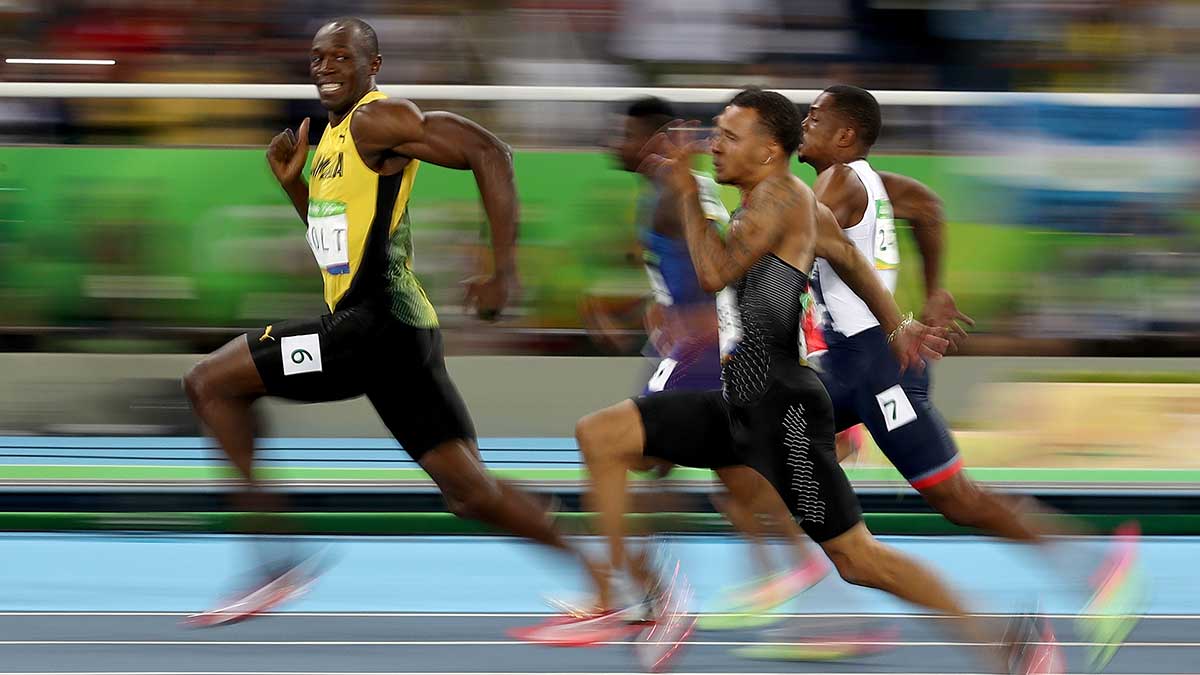Performance-enhancing bacteria give athletes – and mice – an extra edge

Pic: Getty
A type of bacteria discovered in the gut microbiome of Boston marathon runners could give athletes an extra edge and improve patient health.
Our bodies harbour a huge array of micro-organisms, collectively called the microbiome.
No two people share the same microbiome, which can change depending on things like diet, lifestyle, and treatment with antibiotics and other drugs.
A Harvard-funded study has pinpointed one specific group of bacteria, called Veillonella, which was enriched in the gut microbiomes of Boston Marathon runners and a group of 87 elite and Olympic athletes after competition.
They isolated the bacteria and gave it to mice. It increased the animals’ performances in laboratory treadmill tests by 13 per cent compared with control bacteria.
- Subscribe to our daily newsletter
- Join our small cap Facebook group
- Follow us on Facebook or Twitter
Aleksandar Kostic at Joslin Diabetes Center in Boston says Veillonella could be harnessed as a probiotic not only for athletes, but also to improve health in patients.
But it’s just the beginning, he says.
“Now that we have built out a platform for identifying microbes associated with extreme performances, we can explore the microbiomes of other types of extreme athletes or individuals that are highly adapted to environmental challenges, uncover additional beneficial functional links and work towards translating them into probiotic treatments.”
UNLOCK INSIGHTS
Discover the untold stories of emerging ASX stocks.
Daily news and expert analysis, it's free to subscribe.
By proceeding, you confirm you understand that we handle personal information in accordance with our Privacy Policy.








